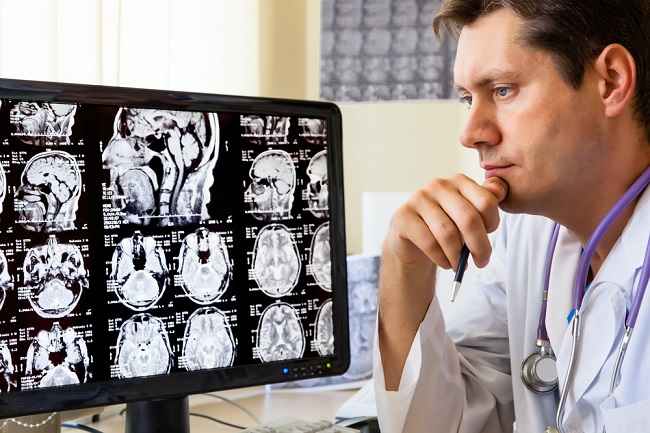The COVID-19 pandemic advances at a steady pace and does not seem to slow down. Efforts have been made in various ways, from the simplest, such as washing hands, wearing masks, to the discovery of “new drugs” that heal and “vaccines” that can prevent transmission. Many “cure” and “prevention” methods have sprung up in scientific media, popular media, and social media. Some of the scientific publications about the Covid-19 drug were later withdrawn because they did not meet scientific principles.
The impact of a pandemic greatly affects health systems in almost all countries in the world. They must improve to create an orderly flow of treatment amid an unknown pandemic. Hospital preparedness is tested here. RSUD Dr. Soetomo as one of the COVID-19 referral hospitals appointed by the Ministry of Health must also rearrange its service system. In addition to the service system, Dr. Soetomo as the main teaching hospital of Faculty of Medicine, Universitas Airlangga also had to adapt to the new educational process.
Neurosurgical service which is one of the services in Dr. Soetomo Hospital and also providing education for the medical specialist program were also affected by the pandemic. A sharp decrease is seen in the statistics on some services provided by hospitals, in outpatient, inpatient, and also emergency services. This is the impact of tightening the screening of patients coming to Dr. Soetomo Hospital. At patient admission point, all patients are subjected to rigorous screening using a scoring system developed by the Dr. Soetomo Hospital. The number of patients is also limited due to wards usage as special isolation rooms for COVID-19 patients.
To prevent the spread between health workers and students, RSUD Dr. Soetomo together with Faculty of Medicine, Universitas Airlangga (UNAIR), made preventive efforts by restructuring the teaching and learning process. There are a lot of colleges and universities across the country, including Universitas Airlangga (UNAIR), who chose to eliminate face-to-face classes to address the impact of the Covid-19 situation. Then, discussion related to educational program is turning to the topic of long-term academic sustainability plans because Indonesia is still trying to deal with the impact of Covid-19. For students at the undergraduate level, all face-to-face learning is replaced by online learning. At the medical education stage, the round schedule is divided into 2 parts, with the first part being done online and the second part being done offline. The requirement for offline learning is when the number of cases has started to subside, and the preparedness from the learning process provider and the students is shown.
For medical specialist students, it would be difficult if the learning is done purely online because in addition to learning they also provide services to patients under their supervision. To provide a professional experience while reducing the risk of COVID-19 transmission, the department has set a rule of 10 working days and 20 working days from home. Work from home can include writing scientific papers, taking online lessons in webinars, or performing administrative tasks that do not require physical presence in a hospital. Although it cannot protect one hundred percent from the danger of transmission, this step is considered to be effective in reducing the risk.
In this context of limitations, another door to learning is wide open, online learning. The growth and rapid development of this online process opens up boundaries even between countries. It is a huge financial advantage to be able to learn from experts around the world for free through the webinars they organize. The spread of information exchange in cyberspace has also opened other opportunities, such as telemedicine and teleconference which were previously considered difficult to implement.
Author: Wihasto Suryaningtyas
This article on Neurosurgery Services during the Pandemic was published in the Scopus Journal (Q1):
Neurosurgery at the epicenter of the COVID-19 pandemic in Indonesia: experience from a Surabaya academic tertiary hospital. Neurosurg Focus 49 (6): E5, 2020 Available at:
https://thejns.org/focus/view/journals/neurosurg-focus/49/6/article-pE5.xml





